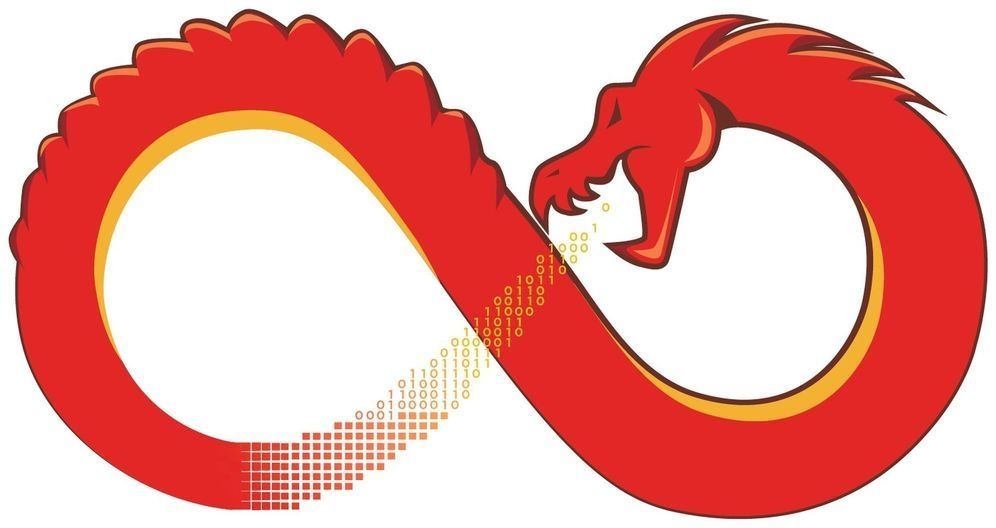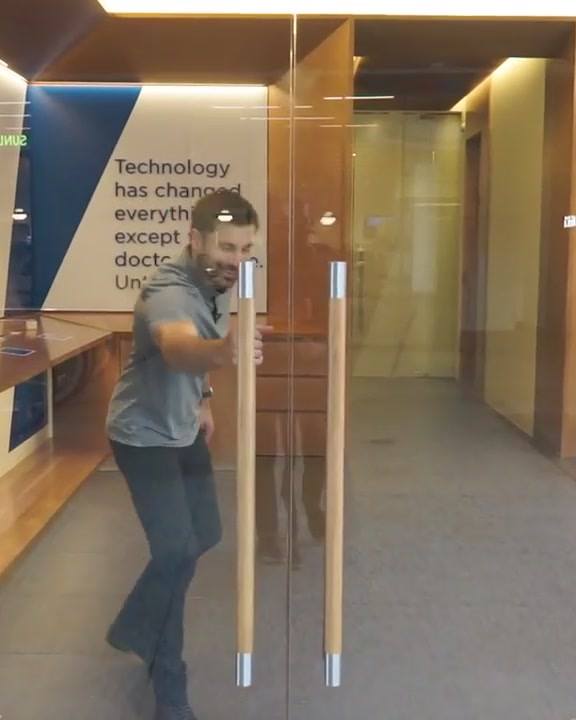Keeping track of all Facebook’s scandals could easily be seen as a part-time job right now. All joking aside, the development of its worldwide network ramifications participated in decreasing communication distances between individuals with three and a half degrees of separation in average between its members in 2016.
As a reminder, this network and its numerous variations, which certainly don’t need to be quoted anymore, have enabled us
— to reach our friends, family members, business collaborators or partners
— to create and join groups of discussion
— to organize events
— to promote icons and push contents of very different shapes
The actual downside here is that all of it became possible from the very moment that we accepted to join the online club for free. The benefits of being able to access brand new and pretty efficient communication means, have left us with no choice but to keep returning again and again to a highly segmented network (made from both acquaintances and closed ones). Such network, of which more and more of our “friends” form part, manage to convince us to never really read the terms and conditions of use in their full details (who says boring?) even though they clearly involve nonetheless the real-time sale of a stream of our personal profiles and somewhat predictable behaviors as soon as we consciously tick the right (wrong?) boxes in order to just get in at some point.
Taking benefits in using a free service could be very different from being the actual provider of a stream of values (somewhat made available from analytics data and advertising market places) by acting in good faith as we would simply do in real life, by not accepting advertisement as the only existing way how to endorse some of our cultural preferences with regards to this or that innovative trends (when there is little innovation and not only unsustainable waste of our limited resources — time or namely our attention to mention some of them).
Today, the privacy advocates can also be thrilled by the broad variety of initiatives enabling us to restrain ourselves from dissipating our shared moments between our interlocutors AND third parties interfering with our conversations. How to progressively upgrade the software without requiring everybody (who feels like it could be a good idea, of course) to get on board? I guess we’re facing quite a pickle here, perhaps not as hard to take on as gluing back together large blocks of melting ice, but still not that trivial when considered at scale.
Here are two technological means how to get connected with your peers outside of what might have become the most “normative ways” and another one relying upon one of the oldest network there is –emails-, and their respective slogans:
— Element — Own your conversations — https://element.io
its underlying protocols are nowadays relied upon by the french state for some of its administration services
— Manyverse — A social network off the grid — https://www.manyver.se
— Delta Chat — Chat over email with encryption, like Telegram or messaging apps owned by Facebook but without the tracking or central control — https://delta.chat/en/
I would invite you to try them out, to share your insight about them and to support them and their contributors. Social challenges won’t only be taken care of by switching communication tools but conversations remain conversations and the better the host, the more comfortable and safe some could feel in preserving a discussion as open, honest and respectful as possible.














